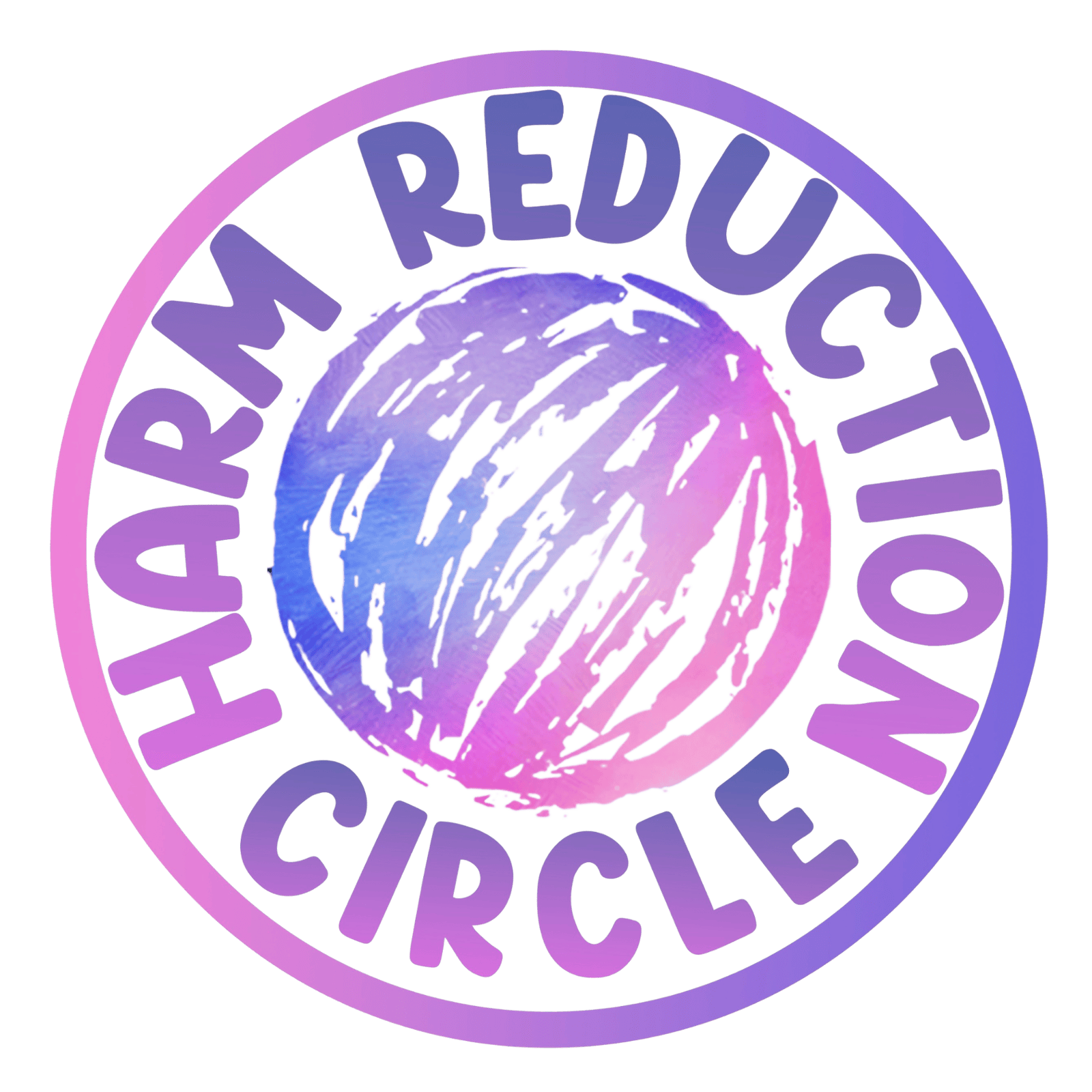Trainings & Workshops for Peers, Volunteers, & Harm Reduction Workers
For frontline outreach workers, peer navigators, and volunteer teams delivering direct support.
Peers are the heart of harm reduction. These trainings are designed for frontline outreach workers, peer navigators, volunteers, and lived-experience leaders who deliver direct support in community settings, on the street, or inside events. Whether new to outreach or seasoned in the field, participants gain practical tools to stay safe, grounded, and effective.
Each workshop builds confidence in providing compassionate, person-centered care while maintaining strong boundaries and emotional resilience. Through real-world examples and guided role-plays, peers learn how to de-escalate tense situations, navigate resource linkage, and communicate with authenticity and respect.
Our sessions emphasize the power of lived experience, showing how empathy and relatability can transform outreach outcomes. Trainings can be held virtually or in person, and are ideal for team onboarding, volunteer orientations, and continuing education for established harm-reduction staff.


